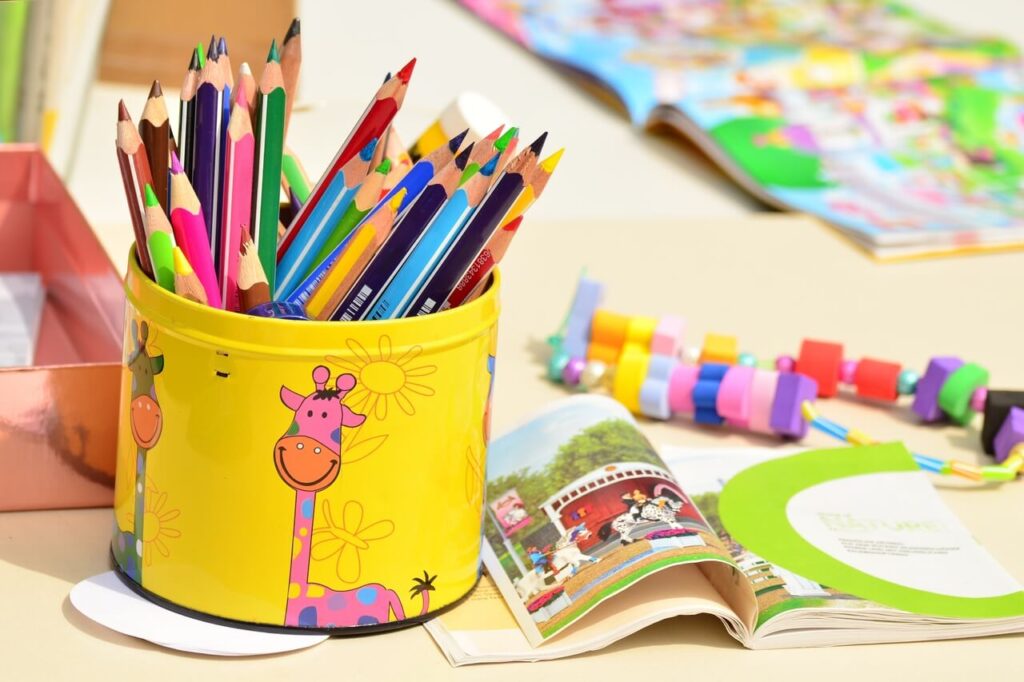
Teaching Kindergarten Children in Vietnam: A Unique Experience
Teaching kindergarten children in Vietnam comes with its own set of rewards and challenges. The cultural expectations, the role of parents, and how children learn English can often be very different from what many teachers—especially those new to Vietnam—might expect. For expats, this can take some adjusting, especially if their previous teaching experience is outside of Asia.

Parental Expectations and English Learning
One of the biggest challenges teachers face is that of managing parental expectations when it comes to their children learning English. Parents in Vietnam often see English as the key to their child’s future success, so there is a strong emphasis on learning English as young as possible. It’s common in Vietnam to have English classes for two-year-old pupils.
This emphasis on early English learning is understandable, but the expectations are often unrealistic. For example, it’s not uncommon for parents to expect their child to be speaking English fluently after just one or two lessons. Parents are typically very proud of their child’s ability to speak English, so will often push their child to communicate with ex-pats in supermarkets or restaurants after only a brief introduction to the language. In relation to the teaching process, this means that many teachers find themselves focusing heavily on speaking skills just to meet parental expectations, with less time spent on listening, understanding, and building vocabulary in a natural, balanced way.
Consequently, children may learn basic phrases or memorize sentences, but this approach doesn’t always help them develop a deeper understanding of the language. This can be quite problematic for teachers – who have to be aware of the needs of the school/centre and the expectations of the parents and the needs of the children to receive a well-rounded education that includes reading, listening, and creative thinking.
Exploring more articles from Stephanie: The Reality of Owning a Dog in Vietnam: Navigating Local Challenges
High Academic Expectations through Additional Classes

Another challenge for all teachers in South East Asia is the high level of academic pressure placed on children—even at the Kindergarten level. In Vietnam, it’s very common for children as young as two to have a busy schedule. Many children attend kindergarten during the day and follow up with evening classes or extra tutoring sessions after school, with the weekends often being filled with even more lessons.
While these parents have the best intentions and want to give their children every possible advantage, this relentless schedule can lead to exhaustion and, sometimes, burnout as it is a lot for young children to handle. As teachers, we need to keep this in mind when planning lessons. Our goal is to make the classroom a place where children can engage and enjoy learning—without feeling overwhelmed by the pressures that are already part of their lives outside of school.
While parents might push for rapid progress in speaking English, it’s up to teachers to gently educate them on the reality of language acquisition. It is important to explain to the parents that learning a language takes time, and a balanced approach is essential for long-term success. For very enthusiastic parents, you can provide additional homework by downloading worksheets or sending links to online games. This way, they will feel involved in the learning process.
Lack of Independence
One of the more surprising cultural differences teachers notice in Vietnam is the level of independence—or rather, the lack of it—among young children. Many parents and nannies tend to treat their children as though they’re still babies, even when the children are capable of being much more independent.
It’s not unusual for kindergarten children to struggle with basic tasks like carrying their own school bags or taking off their shoes, instead relying heavily on adults to do these things for them, simply because they haven’t been encouraged to try on their own at home. This can be a challenge at the beginning of the school year as children will expect the teacher to do everything for them and will be most reluctant to act independently.
Meal times are another area where this lack of independence is evident. Many three-year-olds come to school not knowing how to feed themselves because they’re used to being followed by a nanny or family member who feeds them. As a result, if the teacher is working at a school where the children will eat, they will need to take the time to teach these children how to hold utensils and feed themselves – however, this is not easy since the children will continue to be spoon fed at home.
More articles from Ms. Stephanie: Vietnam’s School System Explained for Expats: A Beginner-Friendly Overview
Well-behaved and Respectful Students

Despite these challenges, one of the most rewarding aspects of teaching kindergarten in Vietnam is how well-behaved and respectful the children are. Vietnamese culture places a strong emphasis on respect for authority, and this is something that’s instilled in children from a very young age.
In the classroom, this respect comes through in many small ways. Students greet their teachers politely, listen attentively during lessons, and are generally patient and cooperative. This positive behaviour creates a positive classroom environment where teachers can focus on teaching rather than managing discipline issues.
The respectful attitude of the children also helps build strong relationships between teachers and students. Children are eager to please and respond well to praise and encouragement, which makes teaching more enjoyable and this really helps to offset some of the challenges teachers face from high parental expectations.
Overall, teaching kindergarten children in Vietnam is a unique and deeply rewarding experience. As with all jobs, there are challenges—especially when it comes to managing parental expectations and helping children develop independence. However, the well-behaved and respectful nature of the children, combined with the opportunity to make a real impact on their development, makes it all worthwhile. With patience, understanding, and a little creativity, teaching in Vietnam can be an incredibly fulfilling journey.







Hello , i am from Pakistan 🇵🇰. But i am living in china from last 6 years. I have 6 years teaching experience in china 🇨🇳. I can give u a demo class